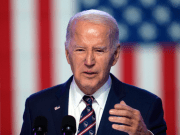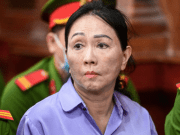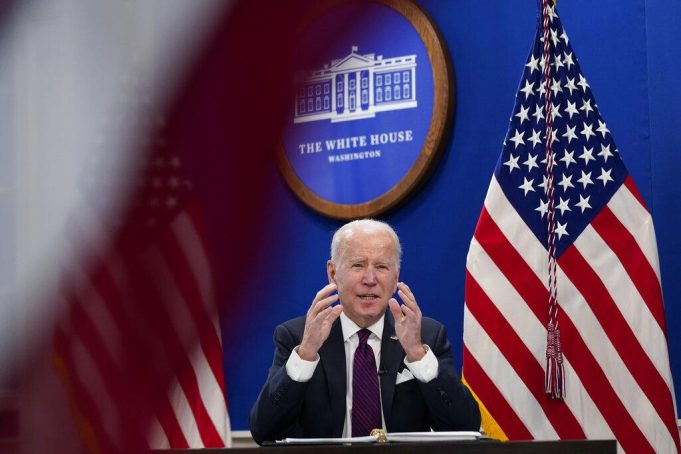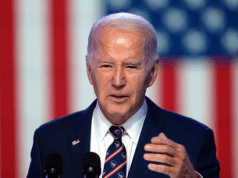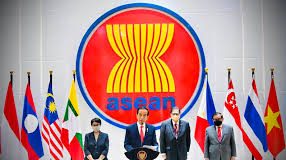WASHINGTON USA: President Joe Biden set out to finally complete the “pivot to Asia.” A long-sought adjustment of U.S. foreign policy to better reflect the rise of America’s most significant military and economic competitor: China.
But Russia’s brutal invasion of Ukraine has made that vexing move even more complicated. China’s government has vacillated between full embrace and more measured responses. As Russian President Vladimir Putin prosecutes his war, making the decisions for Biden far more layered.
Biden and China’s Xi Jinping are scheduled to speak by phone on Friday. A conversation that the White House says will center on “managing the competition between our two countries. As well as Russia’s war against Ukraine and other issues of mutual concern.”
The Biden administration is left needing to focus east and west at the same time. Balancing not simply economic imperatives but military ones as well.
Kurt Campbell, the coordinator for Indo-Pacific Affairs on the White House National Security Council, said. “It’s difficult. It’s expensive,” during a recent forum of maintaining a high-level U.S. focus in two regions. “But it’s also essential, and I believe we’re entering a period where that’s what will be required of the United States and of this generation of Americans.”
Biden has been deeply invested in rallying NATO and Western allies to respond to Russia with crippling sanctions. Supplying an overmatched Ukraine military with $2 billion in military assistance. Including $800 million in new aid announced and addressing a growing humanitarian crisis.
Eastern flank NATO allies, including Estonia, Latvia, Lithuania, Poland, and Romania, have made clear to the Biden administration that they want the U.S. to increase its military presence in the region. And do more to address the worst humanitarian crisis in Europe since World War II. More than 3 million Ukrainian refugees have fled their country in recent weeks.
Though the war in Ukraine has dominated Biden’s focus of late. White House officials insist they haven’t lost sight of China and are watching intently to see how Xi decides to play his hand.
The official, who spoke on condition of anonymity to talk about private discussions said. There was a recognition among the Pacific allies that Beijing is watching how the world responds to Russia. As China calculates how aggressive it can be with its smaller neighbors in the region. In backing sanctions, the Pacific nations were trying to send a message to Xi as well as Putin, the official added.
Still, Beijing’s approach to the Russian invasion is causing Washington concern. The White House has made clear to Beijing that throwing a lifeline to Russia’s collapsing economy or assisting its bruised military would be hazardous to a country that sees itself as the next great world power. The White House has not publicly specified what actions it would take should China assist Russia.
Xi and Putin met in early February, weeks before the invasion, with the Russian leader traveling to Beijing for the start of the Winter Olympics. During Putin’s visit, the two leaders issued a 5,000-word statement declaring limitless “friendship.”
In the days after Putin ordered the invasion, Xi’s government tried to distance itself from Russia’s offensive but avoided criticizing Moscow. The government has offered to act as a mediator and denounced trade and financial sanctions against Russia.


